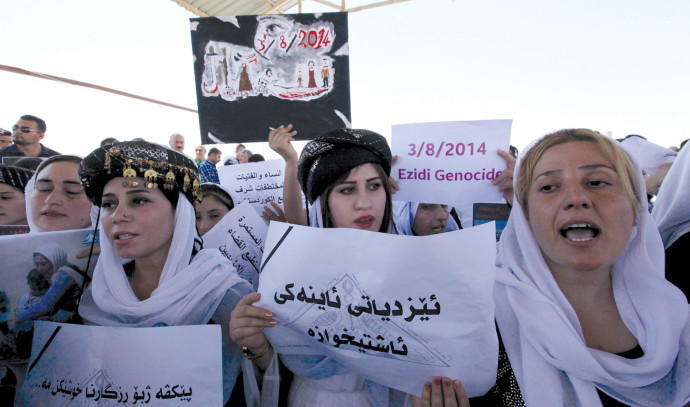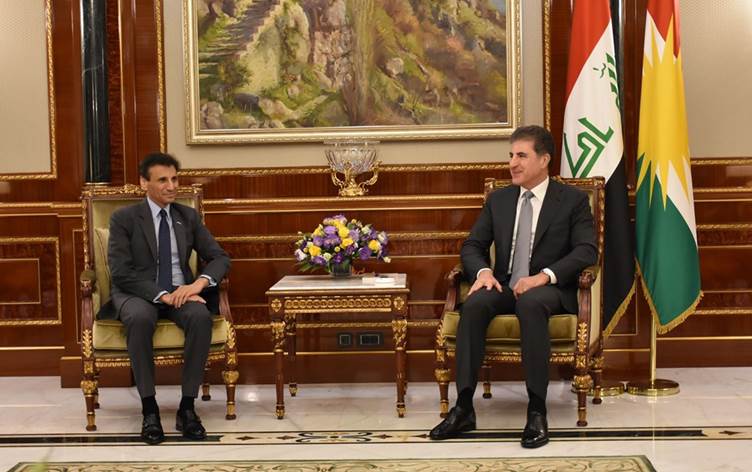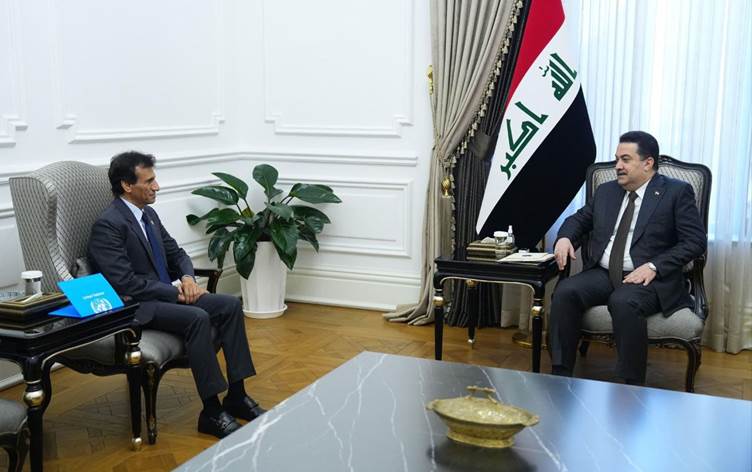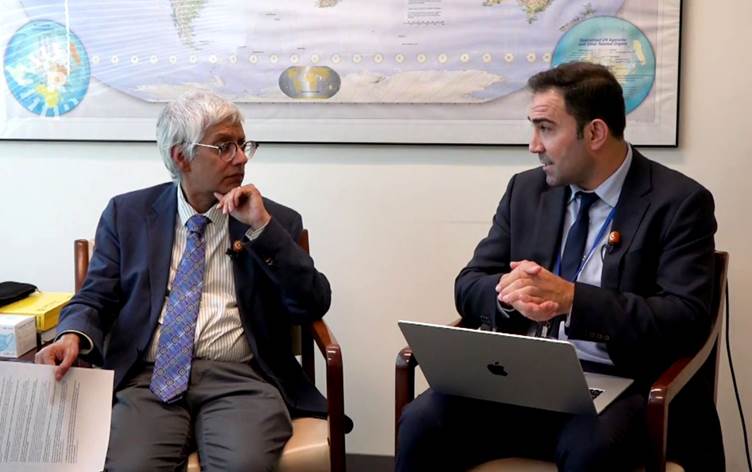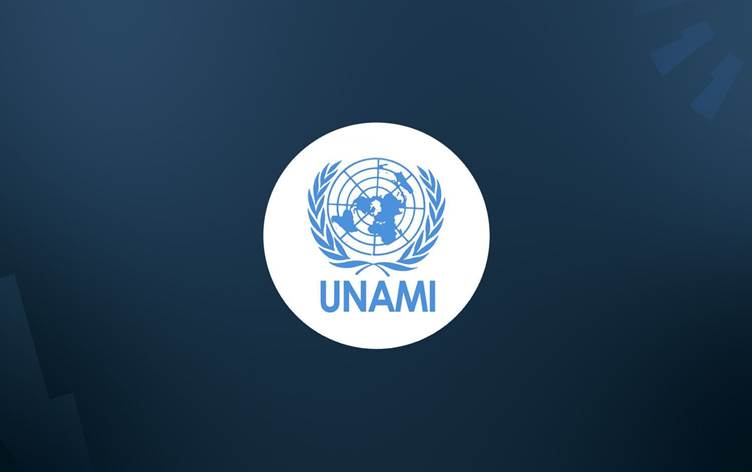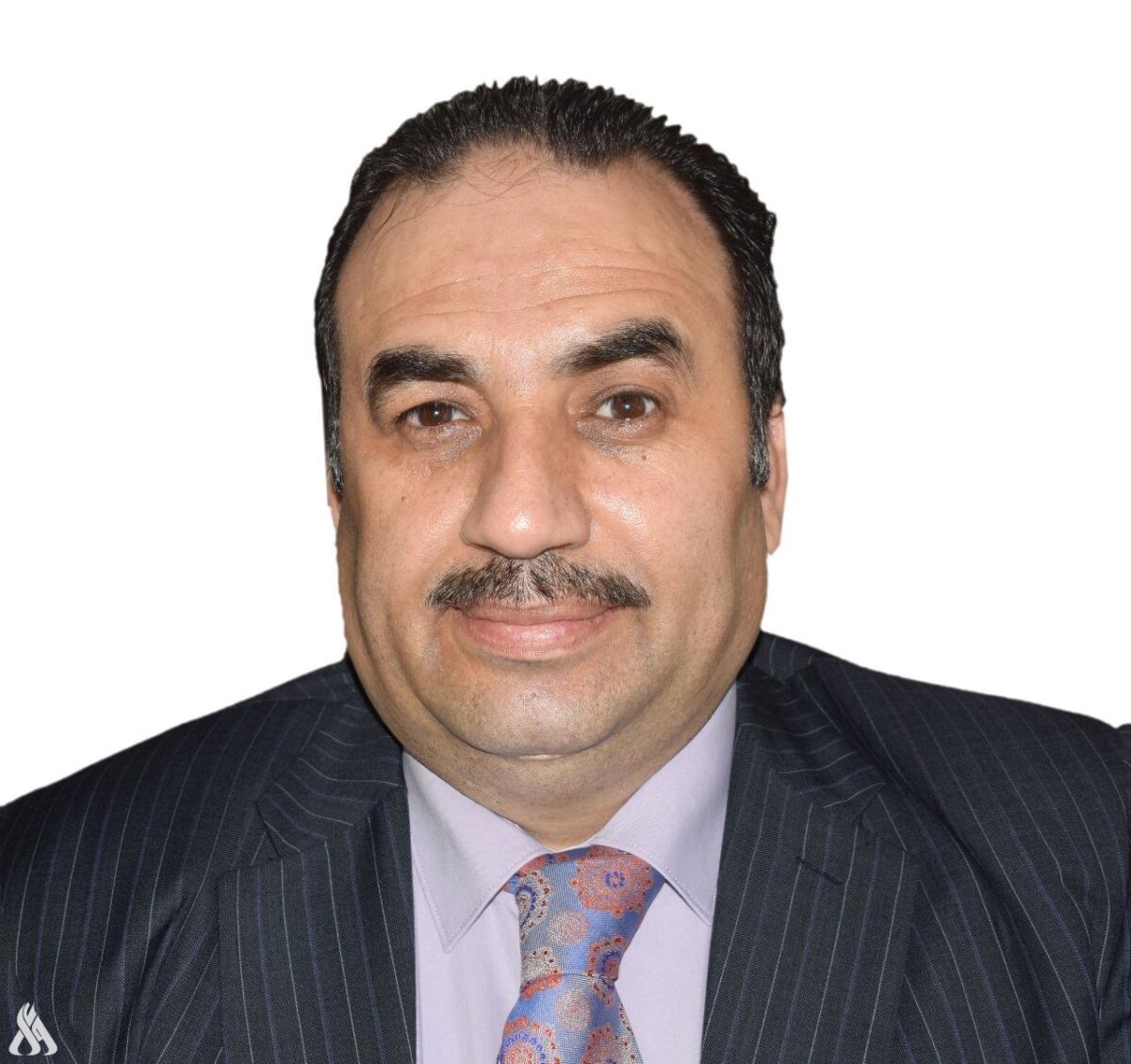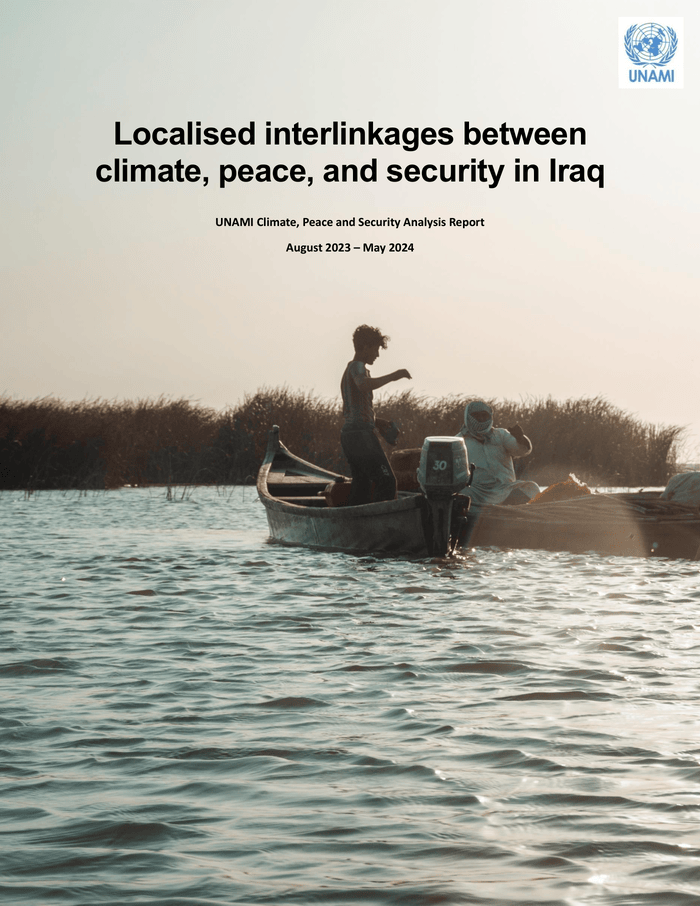Prosecutors in the Netherlands on Wednesday asked judges to convict a Dutch woman for joining Islamic State in Syria and keeping two Yazidi women as slaves and sentence her to eight years in prison.
Hasna Aarab, 33, faces charges of taking part in slavery as a crime against humanity for enslaving two Yazidi, between 2015 and 2016, while she lived in Raqqa with her small son and her Islamic State fighter husband.
She had told judges earlier in the trial that she moved from the Netherlands to Islamic State-held territory in Syria in 2015 with her young son to try to change her life for the better.
One of her alleged victims, identified only as Z., told the district court in the Hague she viewed Aarab as partly responsible for Islamic State crimes against Yazidis and the enslavement of not only herself but also her two daughters who were kept as domestic slaves in other households.
“I burned inside when I saw her with her son while I did not have my own children around me,” Z. said as a tearful Aarab listened.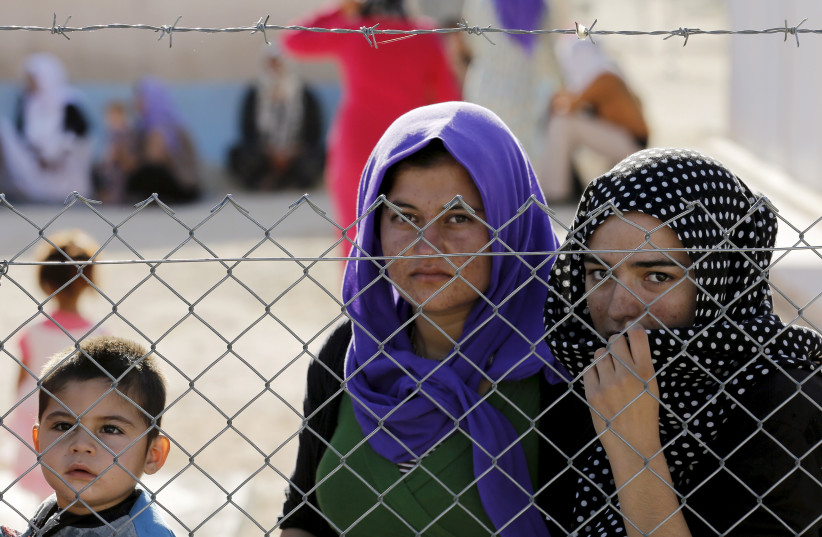
Islamic State controlled swathes of Iraq and Syria from 2014-2017, before being defeated in its last bastions in…
